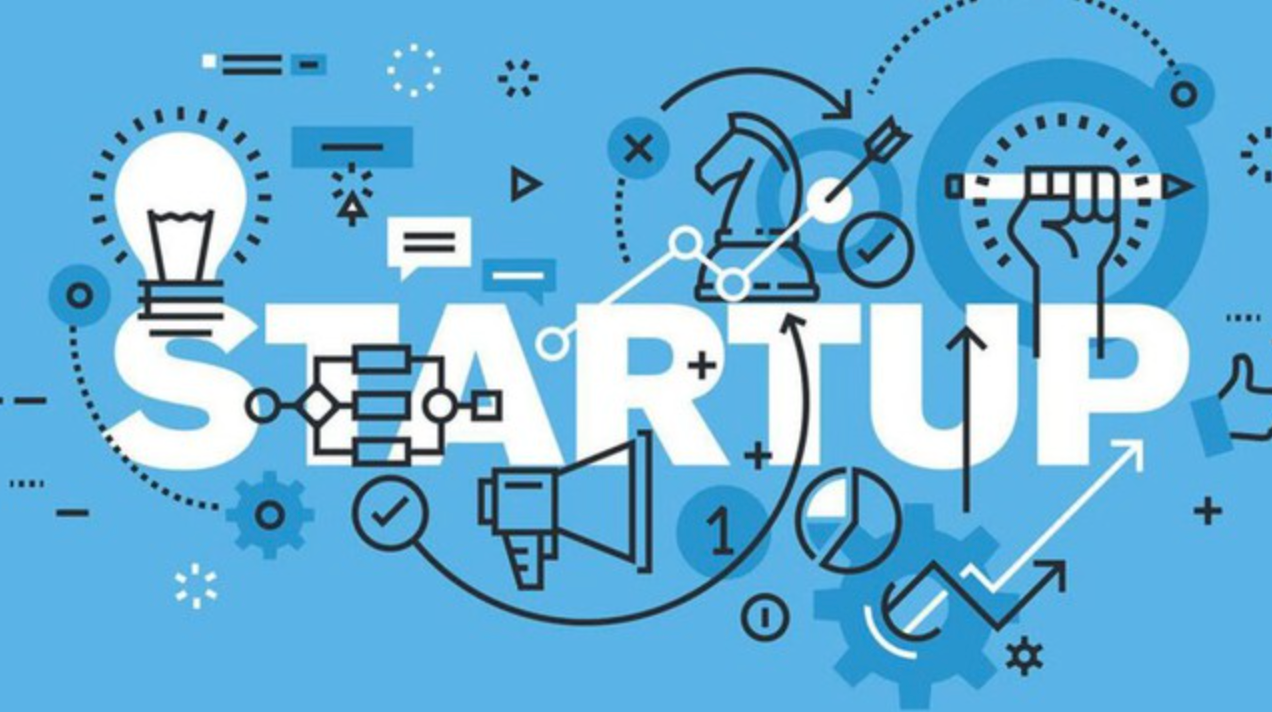It doesn’t matter what you are doing and when: driving your motorbike, struggling to sleep at 3 a.m or cooking in your kitchen, there is always this “Eureka!” moment. The instant that it strucks you, you are so convinced that you have just come up with a great business idea, not to mention one of the best.
The question is: How do you know whether your idea is as good as you think it is? In other words, can you tell the difference between a good business idea and a good business opportunity? Good ideas are exciting, but good opportunities are scalable.
Here are four key signs that your good idea could be a great one.
1. It solves a (big enough) problem
Virgin’s CEO Richard Branson notes: "The reality is that very few businesses invent a market for their products and services. Many, however, go on to reinvent markets by filling gaps with offerings."
The problem doesn’t have to be one that nobody else is tackling, it can just be a problem no one has dealt with effectively. Yet, don’t mistake this with creating a Chindogu. Solving a problem here, according to Mr Hung Tran, Founder and CTO of Got It!, means delivering a solution that can make a sizable number of people’s lives easier.

Let’s take Uber for example. They saw an opportunity to take the advantage of new technology (smartphones) to provide a fresh and very effective solution to an existing problem of the taxi system. Crucially for their business model, it’s a problem faced by people every day, again and again, all over the world. It’s a big enough problem!
2. It’s scalable
Scalability is the potential of your business opportunity to grow and be applied to an ever-increasing market. Truly scalable ideas result in low-cost and high-profit models. Can you expand on your idea, make it flexible and resilient, monetise it and remodel it if necessary?
Facebook is the poster child of scalability as it is now the largest country on earth with a market capitalisation of 581.27B US dollar

However, remember that scalability rarely comes at once. In 2004, Mark Zuckerberg and his college roommates launched "Facemash" to Harvard students. When it became a success, they started expanding to the universities of Columbia, Stanford and Yale, and then, to universities across the USA and Canada. It wasn’t until 2006 that Facebook was available to the world and only in 2012 did they open it up to advertising.
All ideas start small. Scalability is achieved through understanding potential, grasping how an idea can grow and planning ahead.
3. You can sell at an attractive price and make a good profit
Finding the right price for the goods or services you’re providing is essential, because no matter how good the idea or how well it solves the problem, if the price isn’t right, people won’t buy.
In 2000, Dyson introduced the "Contrarotator" - the revolutionary washing machine to the market. Yet, with high production costs to cover, the washing machine retailed at GBP1,200– far above anything else on the market at the time. Even at that price, the company actually lost money. By 2005, it was discontinued. Dyson himself admitted: "As a washing machine, it was a great success. As a business, it wasn’t. We made a washing machine that was too expensive; it had too much technology."

Make sure that your market understanding runs throughout your planning. Be certain that you can develop your offering and bring it to market at a price that makes sense, both for your profit margin and for customers.
4. It isn’t easy to copy
Coming up with something truly unique is difficult enough, but keeping it that way is even harder once other people hear about it. There are plenty of cases of companies filing lawsuits about similar products and services such as the case between Samsung v. Apple or Google v. Oracle.

While making your idea the only one of its kind may be just wishful thinking, you can try your best to prevent it or at least make it harder to copy. One of the most common methods is using patents and copyright law to protect your intellectual property. Google spent billions acquiring Motorola for the rights of Motorola’s patents, and it is not without a reason that everytime you watch Shark Tanks, you can see startups bring up the fact they have their invention patented.






